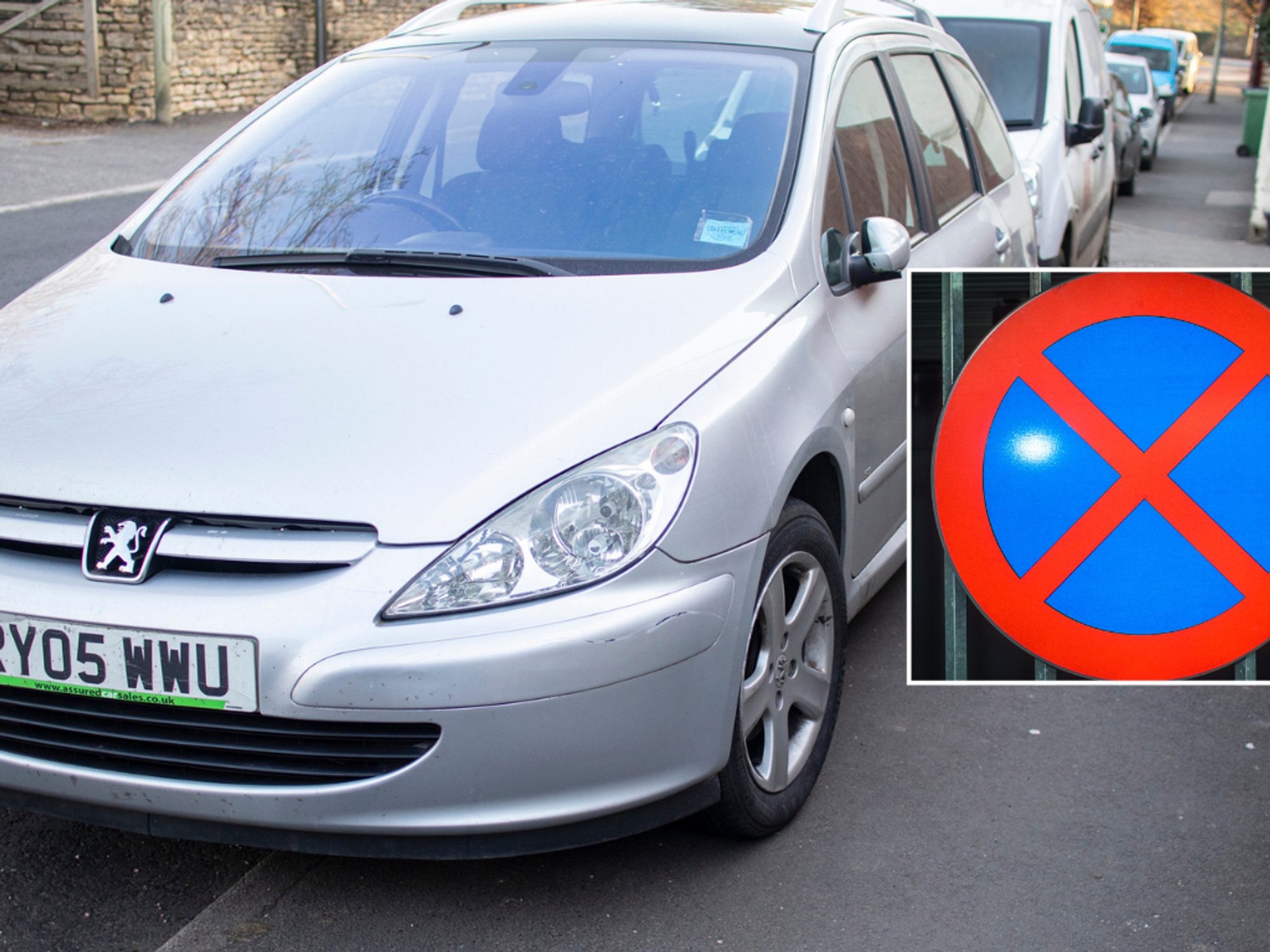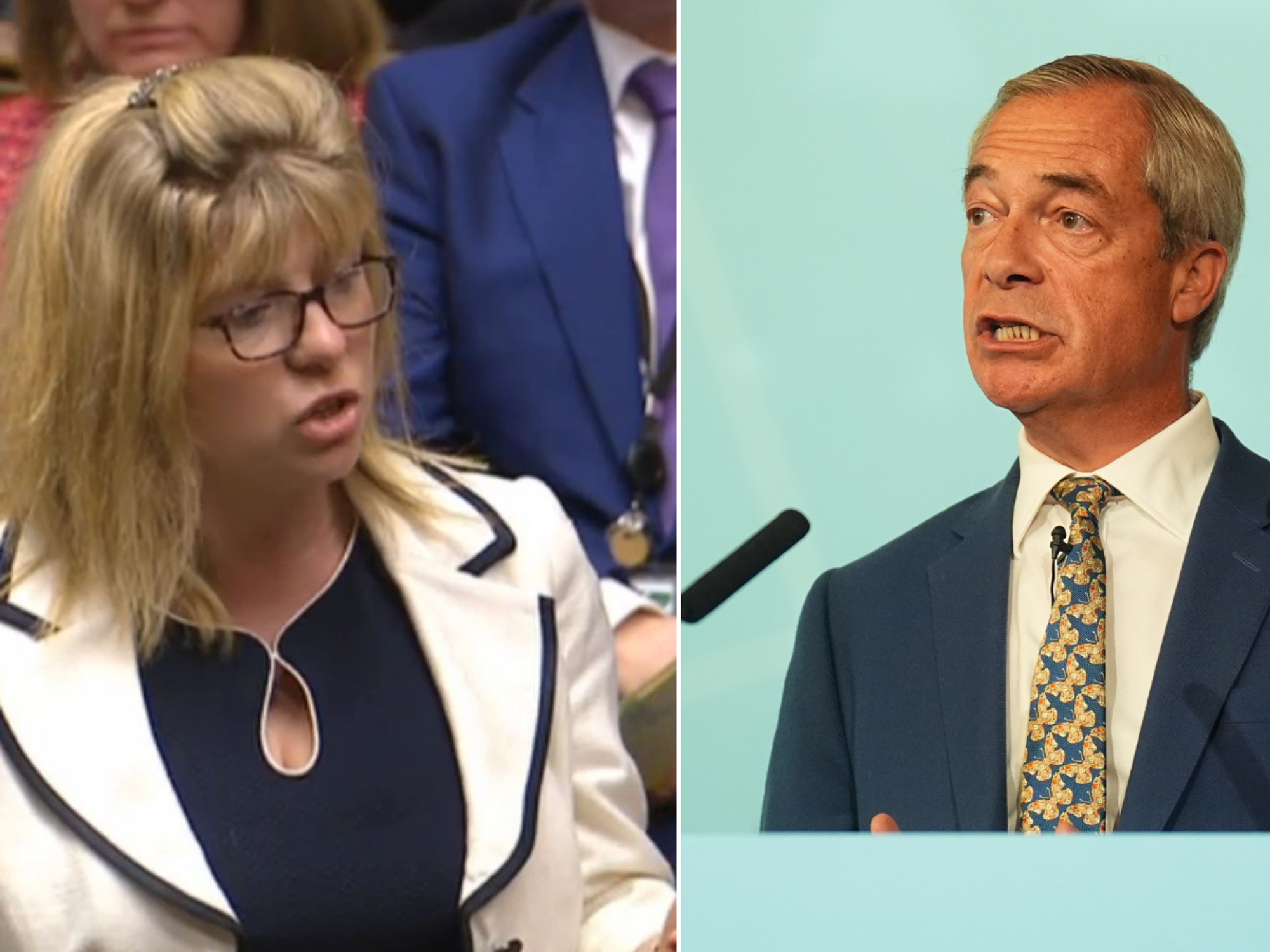BBC changes 'assigned female at birth' to 'women' after flood of complaints
The broadcaster reacted to backlash and updated their feature on the gynaecological condition endometriosis
Don't Miss
Most Read
Latest
The BBC has amended a news story after describing people suffering from endometriosis as having been “assigned female at birth".
The broadcaster reacted to backlash against their feature by updating the wording to call people living with the gynaecological condition “women".
Endometriosis is a long-term condition where tissue similar to the lining of the womb starts to grow in other places, such as the ovaries and fallopian tubes, according to the NHS website.
The average diagnosis of the condition, which is estimated to impact 10 percent in the UK, takes eight and a half years.
The article featured two women who spoke about their experience of the condition to help raise awareness.
The BBC's story originally said endometriosis “affects one in 10 people of any age in the UK, who are assigned female at birth”.
Milli Hill, the founder of the Positive Birth Movement, flagged the phrasing and wrote a tweet to the BBC.
The broadcaster updated their description within hours, amending it to “one in 10 women of any age in the UK".
A BBC spokesperson said: “This is a news article about two women with endometriosis so we updated the wording to reflect that and make it clearer for audiences.”
Milli Hill tweeted: "Sex is not 'assigned at birth'. Saying '1 in 10 people' obscures the stat. Also, the reason there is 'no known cause or cure' is undoubtedly because this is an issue that only affects women, and has been consistently overlooked."










